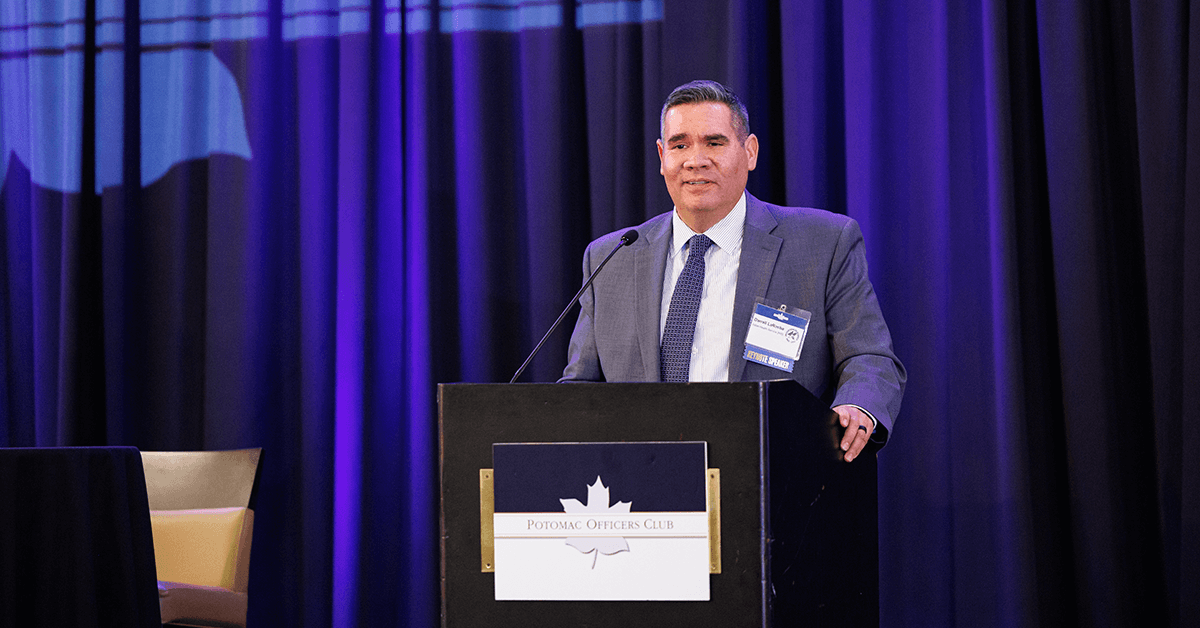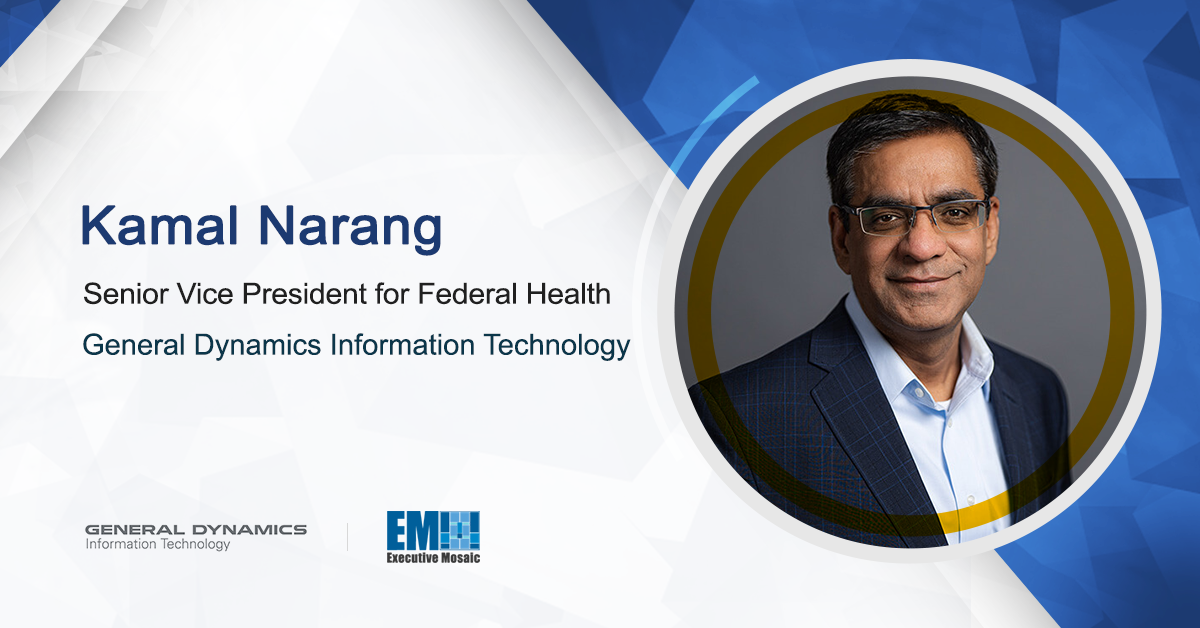Around 2.8 million American Indians and Alaska natives from 574 federally recognized tribes receive healthcare from the Indian Health Service. At the Potomac Officers Club’s 2023 Healthcare Summit, Darrell LaRoche, deputy director for management operations at IHS, shared his top priorities for providing healthcare to indigenous communities and outlined the ways in which the agency is modernizing.
One notable initiative for IHS is its health IT and electronic health record modernization effort. LaRoche noted that the agency has had the same system for nearly 50 years, so there’s a lot of excitement around moving forward with modernization. In November, General Dynamics Information Technology won a $2.54 billion contract to support health IT efforts within IHS.
“We’ll be able to work directly with the federal side of things, but on that tribal side, they can go with a different system. They don’t have to be in our system, but we have worked on what we call the Four Directions Hub that actually can interface with any of the systems. So we’re hoping that that will give a lot of flexibility there, so that we can have multiple systems out there and be able to talk to each other,” LaRoche said of the expected outcomes from the contract.
For the Indian Health Service, one of the challenges the agency faces in delivering healthcare to remote and disparate communities is the lack of broadband coverage and connectivity, especially in rural areas.
But during the height of the COVID-19 crisis, LaRoche said IHS was able to work with the Centers for Medicare and Medicaid Services to get telephone-only care accepted for health insurance reimbursement, as many communities didn’t have the bandwidth to support video calls. This instance highlighted for LaRoche the importance of human-centered design and care that is specific to the communities that receive it.
“A lot of times what works for somebody else isn’t going to work for our communities. You have to look at culturally appropriate care and the way that you’re carrying that out,” he explained.
Another challenge for IHS is data sovereignty, and LaRoche underscored the importance of this effort in his keynote address. Across the 574 tribes the agency serves, bringing together all that data cohesively can be a struggle.
“If you are looking at helping one of these tribes or even looking at Indian Health Service to help out, it’s the issue of data sovereignty,” he said to the healthcare industry audience. “There’s really an apprehension to just turn over the data to anybody on the outside if they don’t know you or have been working with you.”







